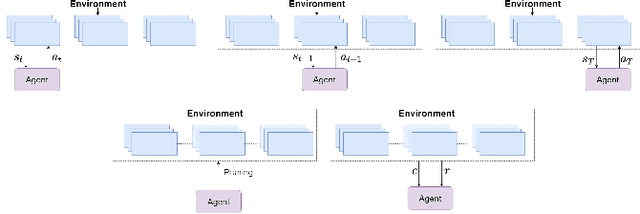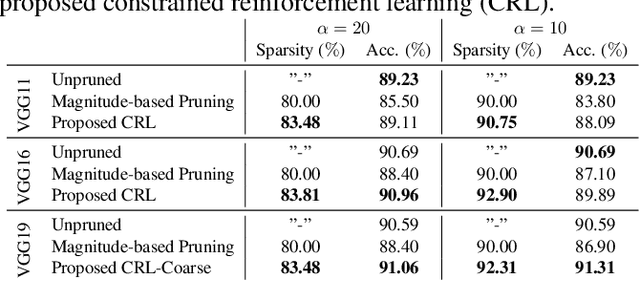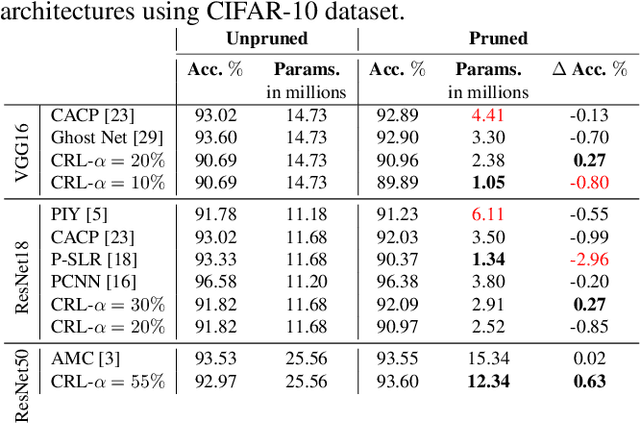Omer Iqbal
RAG for Effective Supply Chain Security Questionnaire Automation
Dec 18, 2024



Abstract:In an era where digital security is crucial, efficient processing of security-related inquiries through supply chain security questionnaires is imperative. This paper introduces a novel approach using Natural Language Processing (NLP) and Retrieval-Augmented Generation (RAG) to automate these responses. We developed QuestSecure, a system that interprets diverse document formats and generates precise responses by integrating large language models (LLMs) with an advanced retrieval system. Our experiments show that QuestSecure significantly improves response accuracy and operational efficiency. By employing advanced NLP techniques and tailored retrieval mechanisms, the system consistently produces contextually relevant and semantically rich responses, reducing cognitive load on security teams and minimizing potential errors. This research offers promising avenues for automating complex security management tasks, enhancing organizational security processes.
Neural Network Pruning Through Constrained Reinforcement Learning
Oct 28, 2021


Abstract:Network pruning reduces the size of neural networks by removing (pruning) neurons such that the performance drop is minimal. Traditional pruning approaches focus on designing metrics to quantify the usefulness of a neuron which is often quite tedious and sub-optimal. More recent approaches have instead focused on training auxiliary networks to automatically learn how useful each neuron is however, they often do not take computational limitations into account. In this work, we propose a general methodology for pruning neural networks. Our proposed methodology can prune neural networks to respect pre-defined computational budgets on arbitrary, possibly non-differentiable, functions. Furthermore, we only assume the ability to be able to evaluate these functions for different inputs, and hence they do not need to be fully specified beforehand. We achieve this by proposing a novel pruning strategy via constrained reinforcement learning algorithms. We prove the effectiveness of our approach via comparison with state-of-the-art methods on standard image classification datasets. Specifically, we reduce 83-92.90 of total parameters on various variants of VGG while achieving comparable or better performance than that of original networks. We also achieved 75.09 reduction in parameters on ResNet18 without incurring any loss in accuracy.
 Add to Chrome
Add to Chrome Add to Firefox
Add to Firefox Add to Edge
Add to Edge